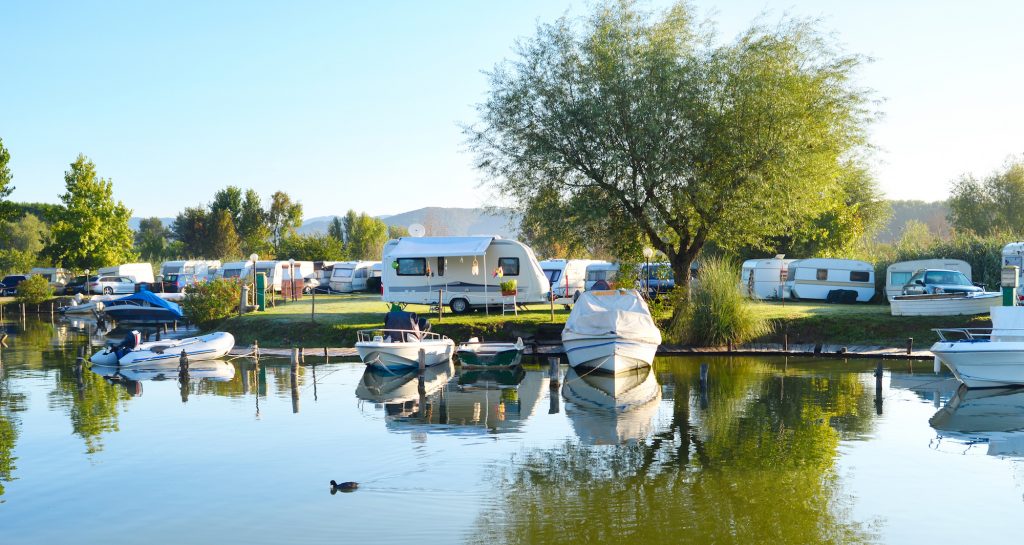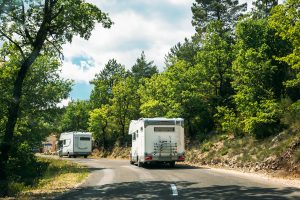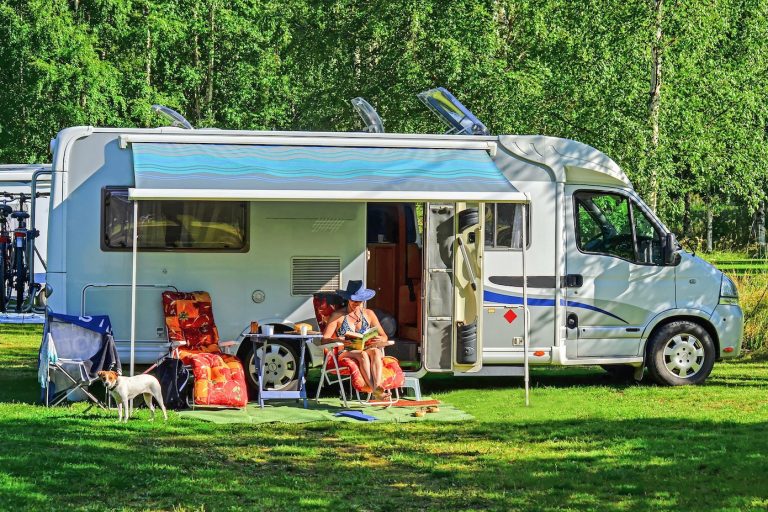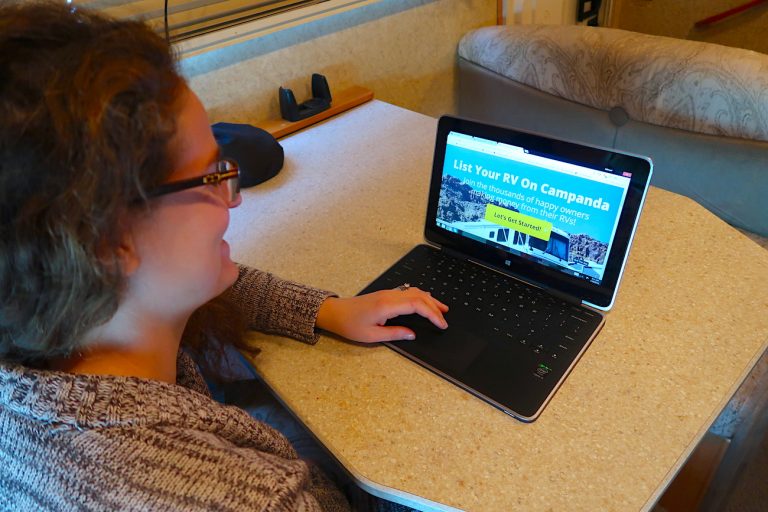Everybody Benefits
 A couple decades ago, the idea of lending your property to a stranger might have seemed crazy. But in fact, the concept isn’t new at all. It’s based on bartering, a type of trade in which people exchange goods and services without the use of money (as in, I’ll give you five carrots for three apples and a pear). Like bartering, the sharing economy is based around the idea of mutual benefit — sharing something we value with other people in exchange for something else we value. Since we’re living in the age of consumerism and landlords don’t like being paid in carrots, the “something else we value” is money.
A couple decades ago, the idea of lending your property to a stranger might have seemed crazy. But in fact, the concept isn’t new at all. It’s based on bartering, a type of trade in which people exchange goods and services without the use of money (as in, I’ll give you five carrots for three apples and a pear). Like bartering, the sharing economy is based around the idea of mutual benefit — sharing something we value with other people in exchange for something else we value. Since we’re living in the age of consumerism and landlords don’t like being paid in carrots, the “something else we value” is money. 

 In the case of RV sharing, a renter gives an RV owner a little bit of their money in exchange for a little bit of time in their underused vehicle. It’s really not that different from traditional vacation rentals. Except that it’s an exchange between two like-minded people, instead of a transaction between company and consumer. When done right, it creates an environment where everybody wins — and is especially welcome in an industry like travel, where gigantic companies typically reap the highest rewards.
In the case of RV sharing, a renter gives an RV owner a little bit of their money in exchange for a little bit of time in their underused vehicle. It’s really not that different from traditional vacation rentals. Except that it’s an exchange between two like-minded people, instead of a transaction between company and consumer. When done right, it creates an environment where everybody wins — and is especially welcome in an industry like travel, where gigantic companies typically reap the highest rewards.How Campanda Fits In
Campanda is similar to Airbnb (and VRBO and HomeAway, etc.), except that we specialize in RV rentals. Like those other companies, Campanda is a peer-to-peer marketplace. We don’t own a fleet of RVs. Instead, we connect RV enthusiasts with everyday RV owners looking to get more out of their vehicles. We allow RV owners to make money by renting out their vehicles to people who want to experience the RV life without the expense and commitment of full-time RV ownership. This can include city dwellers without driveways of their own, families looking to test out a vehicle for future purchase and retirees who have decided that owning and maintaining an RV no longer makes sense for their lifestyle.Why Companies Like Campanda Are Important


 So why, if the sharing economy is about connecting people, should you use a company like Campanda as a middleman? For the same reasons why you’d lend a book to a friend-of-a-friend but likely wouldn’t hand it off to a stranger in a coffee shop. Or why you’ll happily take a taxi but probably wouldn’t trust someone advertising $10 car rides with a cardboard sign. It’s a matter of trust, accountability and safety. Campanda is able to offer insurance, handle payments securely and set community rules. We also allow users to create online reviews (a powerful form of peer-to-peer accountability) which are visible to all. At Campanda, we also have experienced customer service personnel on hand to answer questions and provide assistance to both owners and renters, ensuring peace of mind for everyone involved.
So why, if the sharing economy is about connecting people, should you use a company like Campanda as a middleman? For the same reasons why you’d lend a book to a friend-of-a-friend but likely wouldn’t hand it off to a stranger in a coffee shop. Or why you’ll happily take a taxi but probably wouldn’t trust someone advertising $10 car rides with a cardboard sign. It’s a matter of trust, accountability and safety. Campanda is able to offer insurance, handle payments securely and set community rules. We also allow users to create online reviews (a powerful form of peer-to-peer accountability) which are visible to all. At Campanda, we also have experienced customer service personnel on hand to answer questions and provide assistance to both owners and renters, ensuring peace of mind for everyone involved.What The Sharing Economy Means For RV Owners
It’s natural to be skeptical of disruptive new technologies and systems — especially when they impact the way we exchange money. But the sharing economy is no longer novel, and skeptics are realizing that it’s not just a fad. Peer-to-peer rentals are here to stay. The sharing economy is an incredible opportunity for RV owners looking to make the most out of their investment. It puts owners in touch with like-minded RV enthusiasts who might otherwise not have access to an RV, or who would normally have to go through corporate companies offering sterile models and limited services at sky-high rates. Best of all, it’s a chance to earn money on your own terms — without the effort or hustle that’s traditionally required of enterprising property owners.Want To Dig Deeper?



- This Forbes article explains how pesky millennials and big data fuel the sharing economy.
- This article in The Economist on the rise of the sharing economy is a good introduction to the ever-growing popularity of the peer-to-peer model.
- The People Who Share offers a good overview of the sharing economy, it’s core values and benefits.
- And then of course, there is Wikipedia — itself a prime example of the sharing economy, in which individuals contribute their knowledge to a seemingly infinite online encyclopedia.


